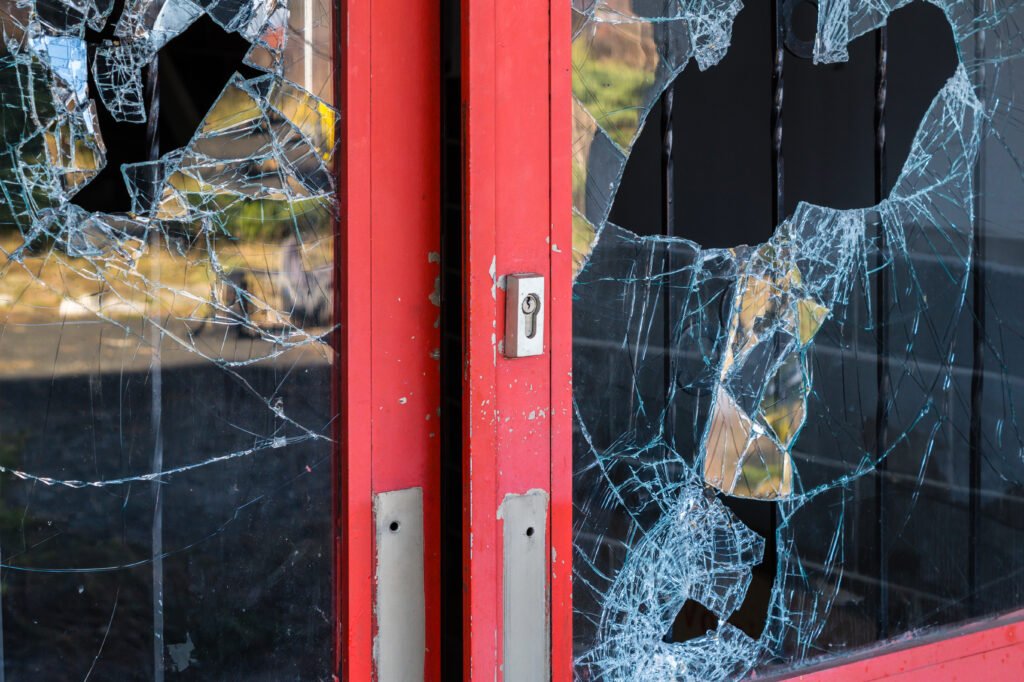Security Systems Engineer Recruitment Agencies

In an era marked by escalating threats and rapidly changing technological terrains, the significance of having an all-encompassing system of fire and security is paramount. These systems go beyond just being protective measures, extending their reach to become integral parts of our daily lives. Be it protecting buildings, assets or safeguarding human lives, these systems have transmuted into being the pivot of safety and security measures.
The Demand for a Security Engineer
As the complex nature of threats continues to grow, the demand for a security engineer also expands proportionately. With the intensifying needs, the role of recruitment agencies is becoming indispensable. These agencies have the important task of linking skilled and experienced security systems engineers to the organisations that need them the most.
Fire and Security Recruitment
The fire and security industry calls for expertise in designing, implementing, and maintaining systems that not only react to threats but also anticipate them. These responsibilities are often in the hands of a security engineer, a professional who uses their specialised knowledge to make our world a safer place.
In this regard, the importance of recruitment agencies is twofold. First, they identify those with the technical skills and knowledge required to excel in this demanding field. Second, they work closely with organisations in the fire and security industry to understand their specific needs and find the candidates that best match these requirements. It’s a crucial role that ensures the right talent is placed where it’s most needed.
However, the recruitment process does not end with the successful placement of security systems engineers. The fire and security industry is constantly evolving, with new trends emerging, technologies developing, and regulations changing. Recruitment agencies must stay on top of these changes to ensure that they continue to provide value to both the engineers they represent and the organisations they serve.
From Design to Implementation
As we delve into this article, we will explore the multifaceted roles that security systems engineers play in the fire and security industry. From designing innovative fire and security systems to implementing robust security measures, these professionals are at the forefront of safeguarding our buildings, assets, and lives.
We will also shed light on the current trends influencing the fire and security industry. These trends, ranging from advancements in technology to shifts in regulatory policies, are shaping the landscape of the industry and, by extension, the roles of security systems engineers.
Moreover, we’ll delve into the market dynamics impacting the fire and security industry. Understanding these dynamics is crucial for both organisations seeking to hire security systems engineers and professionals looking to carve out a successful career in this field.
What are the Future Prospects for Security Engineers?
Finally, the article will envision the future prospects of fire and security engineers. As the world becomes increasingly interconnected and the threats to our nation’s security will become more complex, the demand for these professionals will continue to rise. By anticipating these future needs and trends, security systems engineers, and the recruitment agencies that support them, can prepare for what lies ahead.
As we navigate through an age of increasing threats and technological evolution, there’s no denying the pivotal role played by security systems engineers in the fire and security industry. Through the efforts of dedicated recruitment agencies, these professionals are better equipped to meet the demands of the present and rise to the challenges of the future.
Section I: Understanding the Recruitment Landscape
Recruitment agencies for Security Systems Engineers act as a conduit between organisations and professionals. By understanding the specific demands of security systems engineer jobs, these agencies contribute immensely to the fire and security industry. Their role encompasses:
- Screening Talent: Identifying professionals with a robust understanding of security systems, including access control, fire alarms, intruder alarms, network architectures, and more.
- Assessing Expertise: Ensuring candidates have knowledge in security monitoring, upgrading security and operational technologies.
- Aligning with Industry Trends: Linking professionals who can address contemporary issues in fire and security such as advanced fire detection systems, integrated security management, implementing robust fire control strategies.
The Impact on Security Engineer Salaries
With increasing demand for specialised skills, security systems engineer salaries have seen a substantial uplift. This section explores average salary ranges, per annum fluctuations, regional differences, and factors contributing to compensation, such as expertise in security controls, systems engineer roles, and the broader security industry.
Section II: Security Systems and Their Complexity
A. The Intricacy of Security Systems
Modern security systems are multi-faceted, integrating various components:
- Fire and Security Systems: Combines fire detection with security measures like access control systems, offering comprehensive protection.
- Intruder Alarms: A vital part of security, alerting authorities to unauthorized access.
- Industrial Control System: These systems are crucial in managing and maintaining security in industrial environments, connecting various operational technologies.
B. Upgrading Security Measures
The continuous need for upgrading security has driven innovation. This includes improvements in F&S security, implementing business solutions, system security requirements, and other associated networks.
Section III: Fire and Security Industry – Current Scenario
A. Job Market Dynamics
The fire and security industry offers a plethora of opportunities:
- Security Systems Engineer Jobs: With a focus on access control, fire security, intruder alarm systems, and network security.
- Fire and Security Engineers: Professionals specialising in fire alarm systems and associated fire security measures.
- Teams Security Specialist: Specialised roles focusing on information protection, bridging traditional security with security needs.
B. Industry Trends and Challenges
The fire and security industry faces trends and challenges:
- Security Integration: Emphasising security expertise and security requirements.
- Supply Chain Security: Understanding how security measures affect the entire supply chain, from manufacturing to delivery.
- Regulatory Compliance: Meeting formal requirements framework and guidance documentation for various regulations and standards.
Section IV: Future of Security Systems Engineer Recruitment
A. Embracing New Technologies
The future holds exciting possibilities for security systems engineers. This includes working with innovative technologies, network access protocols, product development teams, and various networks manager roles.
B. Expanding Roles and Responsibilities
The expanding security team and engineer team will continue to evolve:
- Broad and Demonstrable Experience: Requiring proficiency in various aspects of security, from fire and security to operational technology.
- Successful Candidates and Skillsets: The future will demand more versatile skills, including development, risk management, information security management system implementation, and more.
C. Global Trends and Opportunities
Global trends are shaping the security landscape. The rise of new products and support services, transformations in business units, and international regulations will require security professionals to adapt and innovate continually.
Section V: Case Studies and Real-World Applications
A. Implementing Security Measures in East London
This section explores how security systems engineers have revolutionised security in East London, focusing on intruder alarms, security operations, and network security.
B. The Role of Security Company Collaboration
Partnerships between security companies and organisations are vital in offering comprehensive security solutions. This includes coordinating with networks engineer roles, integrating external system integrations, and understanding the future business needs.
C. Industry Success Stories
Exploring how companies have achieved success through security measures, including security changes, working with transformation teams, utilising ICS product security design, and more.
We Are at a Crossroads
The fire and security industry stands at a crossroads, facing both opportunities and challenges. From technological advancements to shifting industry dynamics, the demand for security systems engineers is at an all-time high. Security systems engineer recruitment agencies are instrumental in aligning organisations with the right talent, shaping the future of safety and security.
The future will require a collaborative approach, bringing together fire and security recruitment, integrating new technologies, and fostering global collaborations. The path ahead promises growth, innovation, and continuous transformation, emphasising the key role of security systems engineers in safeguarding our world.
Conclusion
By staying abreast of the latest trends, embracing new technologies, and understanding the complexity of modern security systems, professionals in this field are well-positioned to contribute to a safer, more secure future. Whether working with fire and security systems, implementing advanced security measures, security expertise or contributing to the broader security industry, these engineers are essential to our safety, economy, and well-being.
Every Job is Easier if You Have the Right Tools
